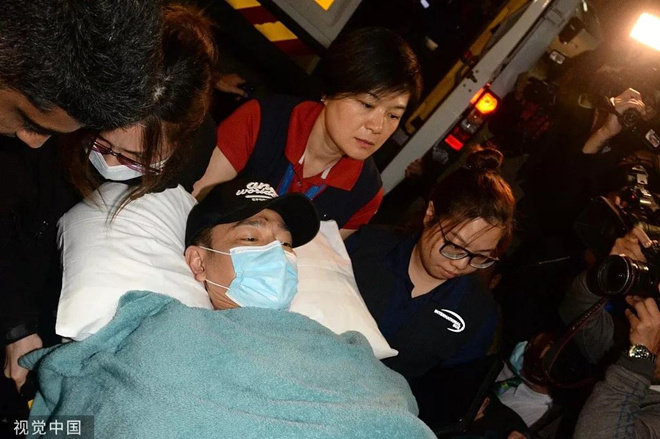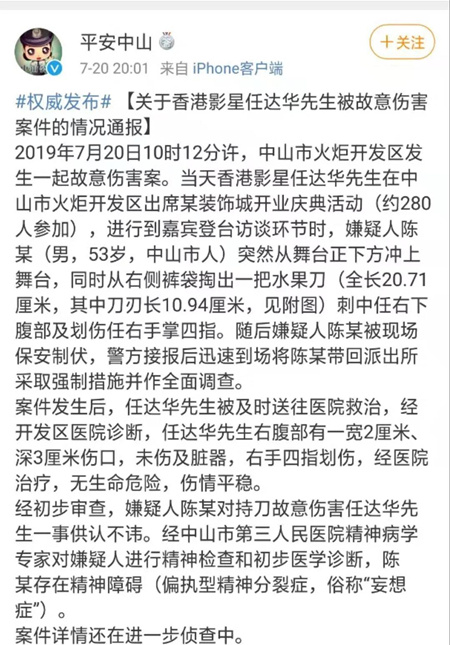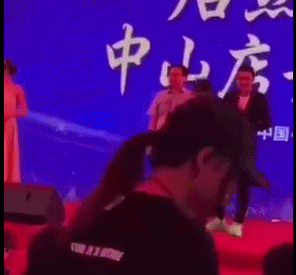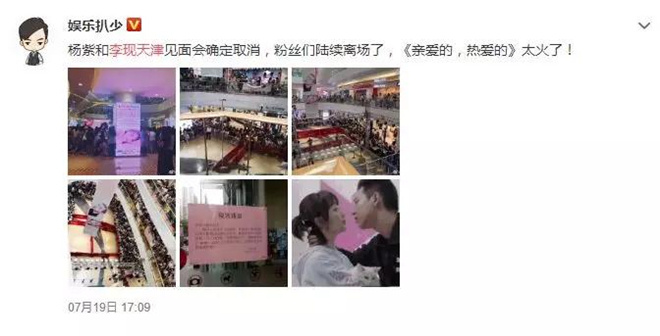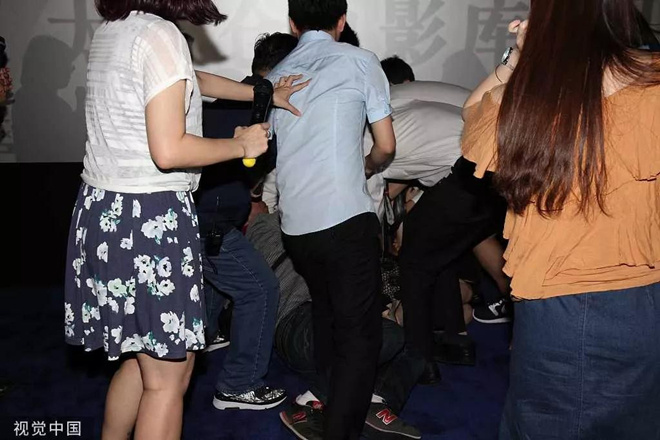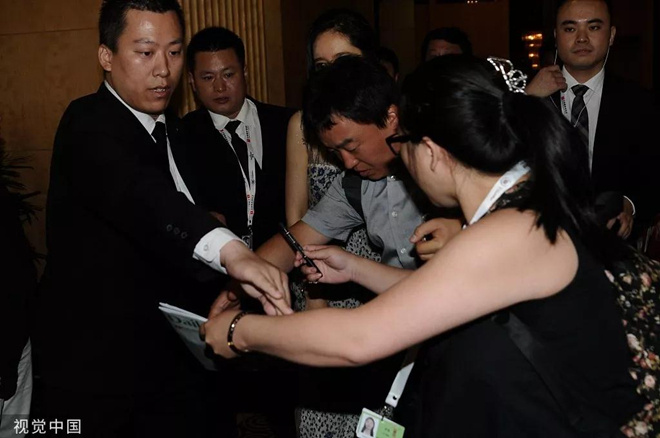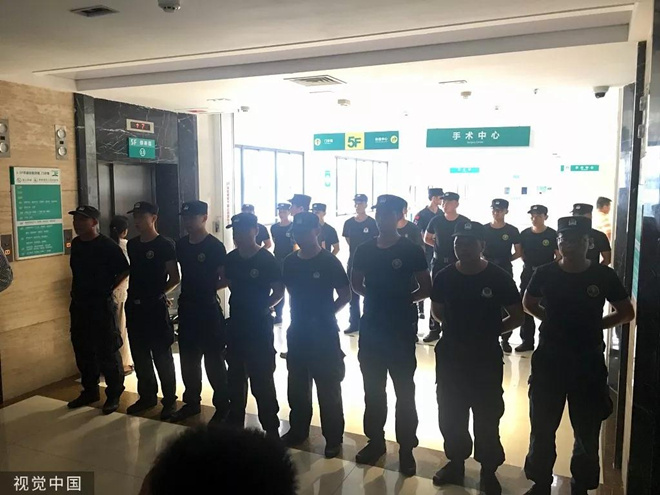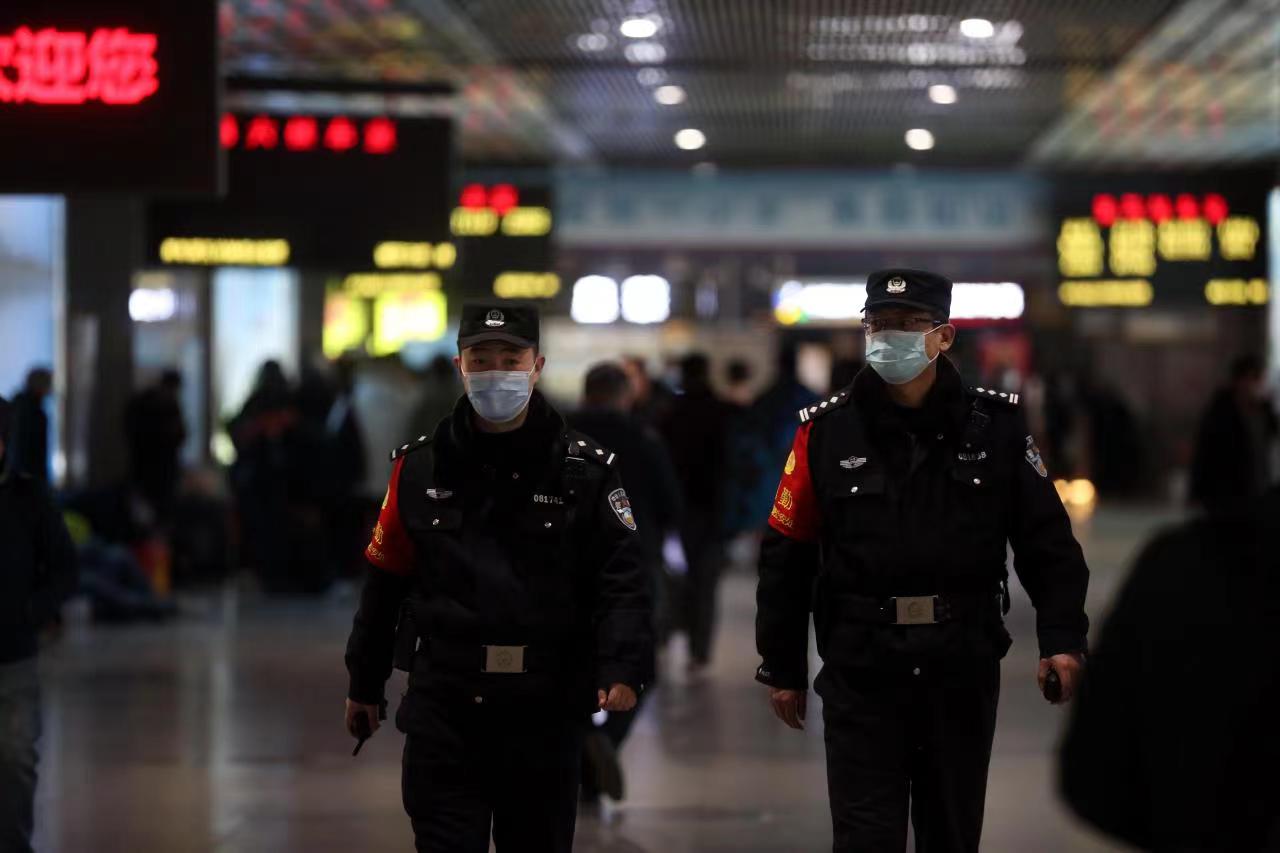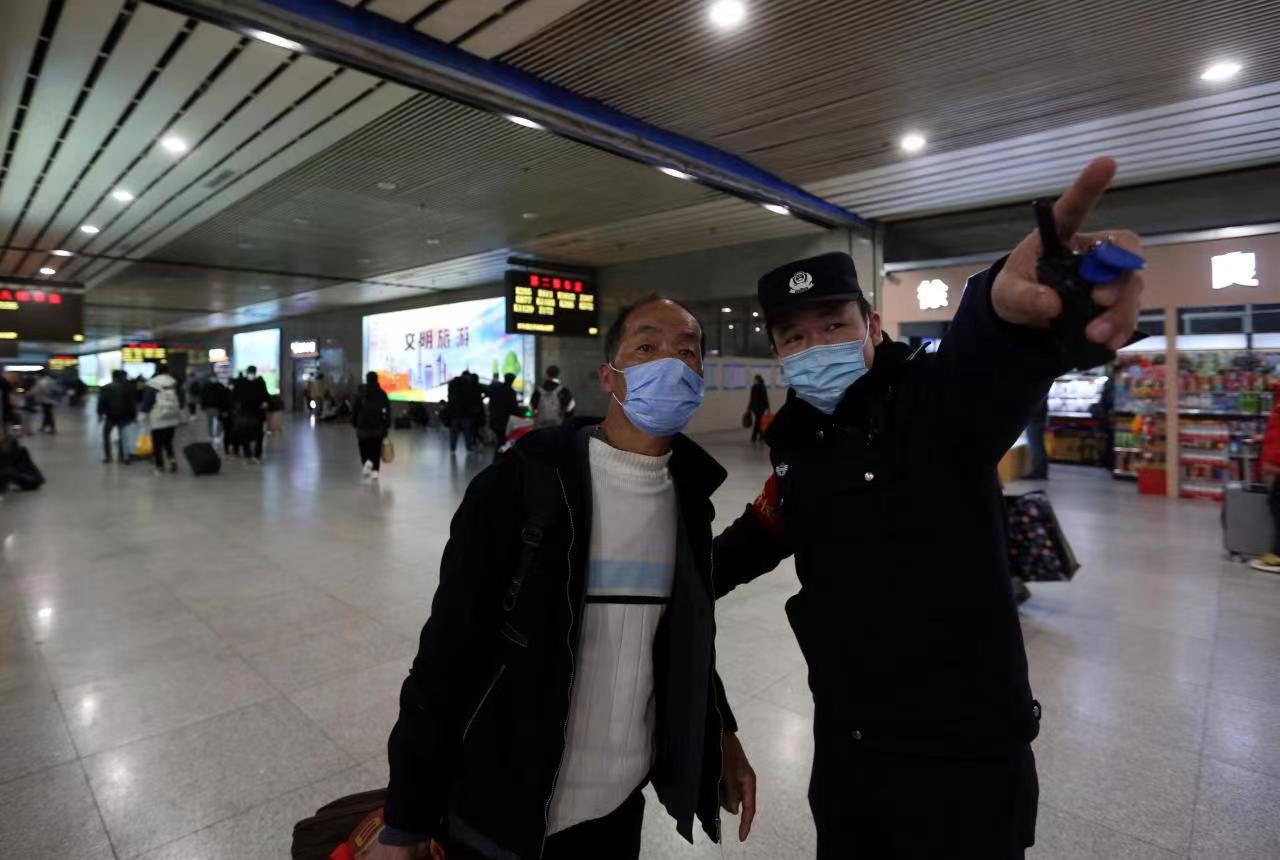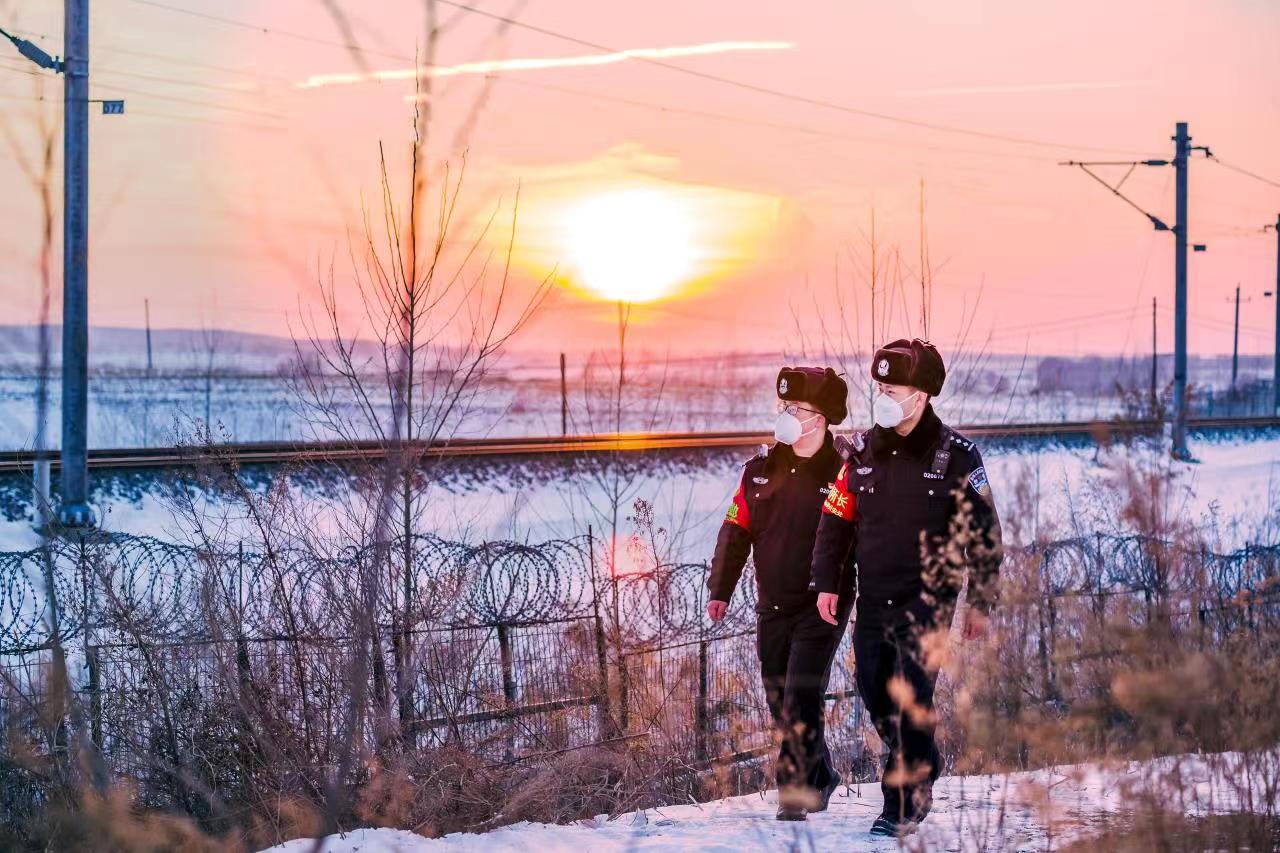Educational enterprises are competing to enter the market, and whether the "big model" can subvert the existing educational model remains to be discussed.
In September, at the recently concluded 2023 China International Fair for Trade in Services Education Exhibition, "Big Model" became a new attraction, and many educational institutions showed and promoted their own big model related applications and products.
In fact, since the release of the cognitive model, the degree of discussion has remained high, and it has also rapidly set off a wave of application in the domestic education sector. Iflytek launched the Spark Model, Netease released the Confucius Model for Education and the Mathematical Model for Learning and Thinking. A large number of educational companies such as Gaotu and Zhonggong Education announced that they would introduce large models into their products, and small and medium-sized companies and entrepreneurs also joined in … Less than a year later, this emerging technology quickly swept the field of education, and it was once thought that this would be the "standard" for educational companies.
What role does big model technology play in educational products? What is the difference from the last round of "AI+ Education"? Will it fundamentally change and promote education? Can it change the business and product logic of education companies? Will it reshape the market competition pattern of educational companies?
Large-scale model has rapidly set off a wave of application in domestic education. Figure /IC photo
Is it independent research and development or access to the general big model?
In November 2022, the ChatGPT of OpenAI was born, which aroused great concern in the technical circle. Until March of this year, ChatGPT4 was released, completely detonating the whole Internet, and everyone talked about the "big model" for a time.
The large model technology represented by GPT is usually called "generative artificial intelligence" in the industry. The emergence of ChatGPT4 has greatly shocked various fields in China, and many enterprises have adjusted their business plans and started the research and development of large model products.
Education is no exception. For more than half a year, vertical models have been released one after another and gradually applied.
"The base of the education industry suitable for China’s national conditions is gradually taking shape, and it will gradually transition to the level of applications and products in the second half of this year." In the view of Darren Liu, managing director of Shengjing Jiacheng Investment Management Co., Ltd., the part on the base relies more on the resources of sub-sectors.
Since the second half of this year, product-level applications have begun to land. In July, Netease launched Zi Yue, the first vertical model in the field of education in China, and released six related applications in one breath, including Echo, an oral coach of virtual human, AI Box, etc. Then, X6 Pro, a dictionary pen equipped with Zi Yue, came out. "Six applications have been launched one after another, and then we will enter the second phase of application landing." Netease CEO Zhou Feng said.
There is a way to choose the self-developed large model, which is one of the typical paths for the combination of education companies and large model technology. Zhou Feng revealed that although there is a way to train its own big model, it will remain open-minded and consider cooperating with other companies or participating in the open source ecology in the future.
Some companies choose to develop their own general models, such as Iflytek. In May this year, iFLYTEK Spark Cognitive Model came out, and in August this year, the upgraded Spark Cognitive Model V2.0 was released. Based on this model, iFLYTEK developed teacher assistants, study assistants and dance drama assistants.
Another typical path is to cooperate with existing models. Buy the interface of the general big model, access its own vertical database in the field of education to temper and transform, and you can output an educational product based on the big model. This is also the choice of most education companies at present.
It is a problem for education companies to choose the vertical model of self-developed education or access to the general model.
At present, the industry holds different views on this. One side thinks that the self-developed model is of little significance to educational companies. Sean, the founder of Watermelon Maker and Co-creation World, believes that if there is already a good GPU (chip for training model) rental mechanism and the cost is not high, then it is not necessary for education companies to retrain a big model themselves. Based on mature algorithms and models, training models with high-quality industry data is the competitiveness of vertical companies.
On the other hand, it is still necessary for education companies to train vertical models. "This involves data security." Hu Zhengdong, general manager of Guangdong Kokookaburra Education Technology Co., Ltd. pointed out. Cheng Lu (a pseudonym), a practitioner of a domestic head education institution who has developed a vertical model of education, puts forward the necessity of making a vertical model from another perspective: "Although the general model is easy to use, the accuracy of its content cannot be guaranteed, which is fatal to education. We must ensure the accuracy and traceability of all data in the education model. "
"At this stage, everyone still stays in some perceptual understanding of the big model, and the understanding is not particularly thorough." According to Zhang Gao, co-CEO of Weidong Yun Education Group, it will take about three to six months. After basic popularization and initial experience, the public will gradually enter a more rational stage. At that time, everyone will see the application of large models in various scenarios. "I don’t think this thing is useless, and I don’t exaggerate the influence of technology too much, but I see that large models can play more roles in various industries."
People’s concern about big models has changed from "whether to make big models" to "how to make good products by using big models". Figure /IC photo
AI Big Model and AI+ Education Version 1.0 are not substitutes for each other.
What are the combination points between AI big model and education industry?
Darren Liu summed up three models. The first kind is partial to tools, which uses knowledge base and question bank to make big models as teaching assistants, assistants, accompanying readers and sparring partners; The second kind is partial companion, in which virtual people replace the original lecturers. In the virtual immersion class, students can make appointments anytime and anywhere; The third category is educational informatization, which is applied to the To b terminal, especially in the interaction between home and school.
In addition to K12 education, quality education and vocational education enterprises are also optimistic about the role of big models in specific scenarios. Zhang Gao is more optimistic about the big model as an "intelligent teaching assistant". For example, in the scene of vocational education, students can ask intelligent teaching assistants to answer questions. "On the knowledge level, after learning the knowledge base, the big model can answer well."
Another scene that Zhang Gao is optimistic about is guiding learning. For example, in the study of interest, take the civic school as an example. Everyone of the 20 million citizens has different interests, so it is difficult to find the resources they want in a lot of lists. After applying the big model, they can talk directly with some "popular science experts". If they want to continue their in-depth study, they can enter the course and greatly improve their efficiency. In addition, it can also be applied to enterprise training, safety training and other scenarios.
How can the AI big model empower education? This should start with the characteristics of AI big model: stronger language ability, ability to talk with users, ability to better understand and satisfy users’ intentions, and closer to human interaction.
At the product launch in August, Zhou Feng summarized three advantages of the big model in the field of education: first, it can provide personalized analysis and guidance with its strong language understanding and generation ability; Second, guided learning can be realized, instead of giving answers directly, it can gradually guide learners to think for themselves and achieve better learning results; Third, the knowledge integration of the whole discipline, providing interdisciplinary knowledge to answer questions and solve problems at any time.
From the demand side, "every student has different difficulties in the learning process, which requires personalized counseling, and the personalized ability of the big model in the educational scene is very valuable." Zhou Feng said.
In fact, in recent years, there has been a round of "AI+ education" technological innovation in the field of education. Represented by "adaptive education", knowledge evaluation, inference, learning situation monitoring function, personalized homework … By analyzing students’ learning data, behavior patterns, homework and test results, students’ learning situation is evaluated, and personalized learning paths, resource recommendations and feedback suggestions are provided for each student.
So, compared with it, what are the differences and advantages of AI big model? "The previous AI tools were called’ small models’ and focused on a specific segment to solve problems. The big model has a broader coverage and can be seen as a particularly knowledgeable science worker. " Zhang Gao explained by analogy.
"The biggest advantage of the big model lies in the innovation of human-computer interaction." Zhang Gao further pointed out that the big model is involved in countless fields, but not every field is profound enough. Therefore, the application scenario of the big model is more suitable as a teaching assistant and a guide, and the big model of "general education" can solve all the problems. When the big model is combined with all walks of life, it will get a new and efficient experience, but it is hard to be called subversion. "
Talking about the relationship between AI Big Model and "AI+ Education Version 1.0", Zhang Gao believes that they are not mutually substitutive or substitutive, but are applicable to different educational scenes. Zhong Ming, CEO of Watermelon Maker, also believes that the big model technology is more powerful, but it does not mean that the past models and algorithms are useless. He further pointed out that the data accumulated in the last round of AI+ education is very important, especially the dynamic data.
The application scene of the big model is more suitable as a teaching assistant and a guide. Figure /IC photo
Will the big model subvert the existing educational model?
"The big model will have a subversive impact on education" and "The big model technology is a revolutionary and subversive technical impact" … The emergence of ……AIGC (Generative Artificial Intelligence) once made the argument that "AI subverts education" rampant. Under the current circumstances, can the big model subvert the original educational form?
Zhong Ming does not agree with this statement. He told the Beijing News reporter that according to the relevant theories of pedagogy, education consists of three parts: "knowledge transmission, immediate feedback and emotional interaction", which are cyclical and mutually promoting. "The emergence of AIGC has greatly enhanced the immediate feedback ability of AI teachers and greatly improved the efficiency of knowledge transfer. However, for most learners, the emotional link between teachers and children, interest stimulation, multi-point feedback and emotional interaction collision between peers during the whole learning process are the key to ignite and stimulate the intrinsic motivation of learning."
Darren Liu’s observation is that the application of big model technology in the current education industry has not escaped from the underlying logic of the original "AI+ education industry 1.0 era", and the educational behavior is essentially error correction, knowledge point strengthening and training consolidation, which can also be solved by the traditional AI model. From the user’s perception, there is no obvious difference in the use experience whether the big model is applied in the product.
"So far, Big Model+Education has not seen revolutionary and innovative products in the direction of To C." Darren Liu believes that besides the educational model and the underlying logic of products, the forms of educational products and business models have not changed fundamentally, and users will not increase their willingness to pay.
"Whether the big model will subvert the existing education model remains to be discussed. At present, it doesn’t seem to me, but it can greatly improve efficiency in suitable scenarios. " What is subversion? In Zhang Gao’s view, if the big model can truly simulate famous teachers and masters, let students talk to famous teachers and change the original educational model and educational form, it is possible to talk about "subversion".
Can AI virtual teachers be like real teachers? What is the essential difference between the two? Zhang Gao pointed out, "To make a big model a master, we should not only hone our knowledge and skills, but also have the master’s personal charm, moral character, insight and passion, and interactive guidance, which are far more important in education than knowledge and skills. At present, the technology of the big model is far from being achieved, and everything can be changed only by conversational human-computer interaction. "
Hu Zhengdong holds the same view. "From the perspective of pure knowledge and skills, from the amount of open knowledge, the number of skills and methods, the number of AI masters is more powerful than that of people; However, teachers’ preaching and teaching to solve doubts is not necessarily to teach knowledge, but also to teach philosophical life; Every move, words and deeds, emotional interaction, emotional exchange, and educational behavior are all-round. Unlike teachers, coaches pay more attention to training skills and helping to correct mistakes. Sometimes, models play the role of coaches, but from the perspective of emotional attributes, AI teachers cannot be compared with real teachers. " In addition, he believes that people are more powerful than AI, and they can comprehensively use knowledge base, question and answer base, guide question base, prompt words, etc., and use the advantages of AI and human thinking to comprehensively solve problems.
The insiders believe that at present, no revolutionary and innovative products have been seen in the direction of Toc in big model+education. Figure /IC photo
When education encounters the "machine illusion" of the big model,
It is still worth discussing how much value the AI big model can really produce for education.
Under the blessing of AI big model ability, the new learning mode of "students’ self-study +AI answering questions" has become widely possible. Whether this method can achieve the expected learning effect is a great test for learners.
"A lot of content that children need to learn can be answered directly in the big model. But the church and getting the answer are not equal. Whether a child can really learn a knowledge point through a big model depends very much on how to ask questions to the big model. " Sean pointed out.
He further pointed out that "learners can get enough feedback if they use it correctly and ask questions effectively." People who use it well have a high quality of learning. When a child with a strong curiosity meets a big model, he can get rid of the limitation of insufficient supply of educational resources around him and the’ ceiling’ can be improved infinitely. People who use it badly are just the opposite. This ability to learn independently and ask questions may be the core ability that affects the future. "
In addition, the advantages and key capabilities of the large model are more reflected in its generation ability, which may become a "fatal wound" for education.
One of the obvious shortcomings of large models at present is the "machine illusion", that is, sometimes they "talk nonsense in a serious way" In the process of interaction, for some problems, the big model may output some content that seems very reasonable, but it is completely wrong, which makes people laugh and cry.
But education is a serious science, and there is no room for mistakes or hallucinations. "When users use educational products, they don’t want the big model to break the standard system and generate anything at will, but they want to find the optimal solution. Everyone is most afraid of hallucinations in big models, especially in the field of education. " Darren Liu pointed out that it is precisely because of this that the value and necessity of the ability to generate large models in the field of education are not so great, or that the ability to generate is not worth realizing in the education industry.
However, many netizens used the big open source model to test some simple math problems and found that many answers were not accurate. Different from natural language understanding, large-scale language models have poor performance in solving arithmetic reasoning tasks and often provide wrong answers. A person in charge of a head education institution who did not want to be named once mentioned that according to the limited time experience, English, Chinese and other disciplines have better evaluation results and faster promotion speed than mathematics.
However, the situation is not optimistic for the special vertical model-mathematical big model. A practitioner who did not want to be named commented that this technical direction is feasible in theory, but the final result depends on two factors, one is whether the algorithm is good enough, and the other is whether there is enough data to support it.
In May this year, Good Future announced that it is developing a self-developed mathematical model named MathGPT, which is a large model in the vertical field of mathematics with problem-solving and topic-telling algorithms as the core, and it is also the first large model specially built for mathematics in China. On August 24th, MathGPT started the internal test, and its official website showed that MathGPT’s mathematical calculation ability has covered math problems in primary schools, junior high schools and senior high schools, and the topic types cover calculation problems, application problems, algebra problems and other types, and you can also ask questions about the topics. "Compared with other general large models, MathGPT can solve problems with higher accuracy, and can also analyze and explain the answers more clearly."
In the test, the Beijing News reporter asked the big model twice the same simulated math problem in the senior high school entrance examination. MathGPT gave two different sets of answers and analysis process, and the answers given twice were different. It has been proved that there are problems in both analyses. Incredibly, in this test, the big model tells the user that in ΔABC, "Angle A = B = C = 45". Ignore the preconditions, which in itself cannot be established.
The first answer to a math problem MathGPT and its analysis. MathGPT screenshot
The second answer given by MathGPT for the same math problem and its analysis. MathGPT screenshot
The Beijing News reporter invited a senior math teacher in Beijing to analyze the big model. "The first answer is not only wrong, but also confusing from the beginning. Why set’ A = B’? There is an incomprehensible fallacy at the starting point of thinking. It is precisely because the starting point is wrong that it is reasonable to make very strange mistakes later. The answer to the second answer is correct, but the problem-solving process is very jumping, incredible, and the thinking is obviously wrong. The wrong process leads to the correct result, which can only be a slap in the face. "
"Combining the above two proofs, we can see that the big model lacks rigorous logic in solving problems at present, and its flexibility in dealing with complex environments needs to be improved. Due to the strong comprehensiveness of mathematics topics and the long logical chain, the accuracy of machine problem solving will also be greatly reduced. " The senior math teacher commented.
The big model will become the "standard" for enterprises, and the core is to find suitable application scenarios.
Although the value of the big model in the user side remains to be observed and explored, it is still valuable for the education industry, mainly reflected in reducing costs and increasing efficiency in the enterprise side.
"When a new technology comes out, we can see its breakthrough in the traditional model. Even if it is impossible to judge whether it can really create a new business scene or subversive application, if it can make efficiency higher and cost lower, users can enjoy better service at the same price, it is worth doing." Cheng Lu said.
At the press conference in August, Zhou Feng also mentioned the advantages of big model in improving efficiency when interviewed by the media. "In the past, it was necessary to find people and make models separately for AI and grammar analysis, but now a big model can solve several problems. As a basic model, it can learn a series of related abilities, and on this basis, it can be turned into multiple models after directional fine-tuning, without doing a lot of separate work, which makes the team’s work efficiency higher."
Darren Liu further pointed out that using the big model can reduce the back-end operating costs and the front-desk teachers’ costs for enterprises, and to some extent, it can change the company’s income structure and profit space. From the perspective of company operation, it can improve efficiency and reduce costs. From this perspective, it is right for companies to embrace the big model. "But if the company wants big model products to increase income for the enterprise, what it should do is actually innovation."
To what extent will doing or not affect the market competitiveness of enterprises in the case of adding large models one after another? Darren Liu believes that the big model, as a part of infrastructure, will first aggravate the cash consumption of current enterprises to a certain extent. Although it may not immediately lead to the reshuffle of the industry, it will make the polarization go faster. In the long run, Zhang Gao pointed out that enterprises will be more competitive when costs drop. "We still have to embrace new technologies."
In the context of AI big model+education, although the big model itself is not a barrier, there is still a threshold. Many interviewees said that training large models requires computing power, which requires a lot of capital investment. In addition, the accumulation and data of enterprises in the industry are also very important. Hu Zhengdong pointed out that the general big model does not solve all the problems, but only the main problems, involving data information of a specific industry or field, and the general big model cannot be obtained. Therefore, the core data accumulated by enterprises based on their own existing products may become a barrier that affects the competition of various enterprises.
It should be emphasized that the quality of data is very important, which determines whether the large model can be made more accurate. "Compared with static, unstructured and unsustainable data, all the operational data that users will continue to generate during the learning process are of much higher quality and can better empower the big model." Zhong Ming pointed out.
However, most interviewees still believe that the core issue is whether we can really find a good application scenario and make good use of the large model. In Darren Liu’s view, the big model will gradually become a "standard". "The big model is only infrastructure construction, and the product form, function and business model will be spelled out later. If the application scenarios are not well found, it is useless to do it. "
In addition, Hu Zhengdong emphasized an easily overlooked issue-the ethical review of large models. "To set an insurmountable red line for technology is ethical review, especially for technology research companies. The technical power is very strong, but it is not necessarily feasible from the perspective of education and ethics. So, who will do risk management and ethical review for the big model? This is still blank at present. "
Beijing News reporter Feng Qi Intern Ran Mengyu
Editor Miao Chenxia and Wu Hui proofread Liu Baoqing












